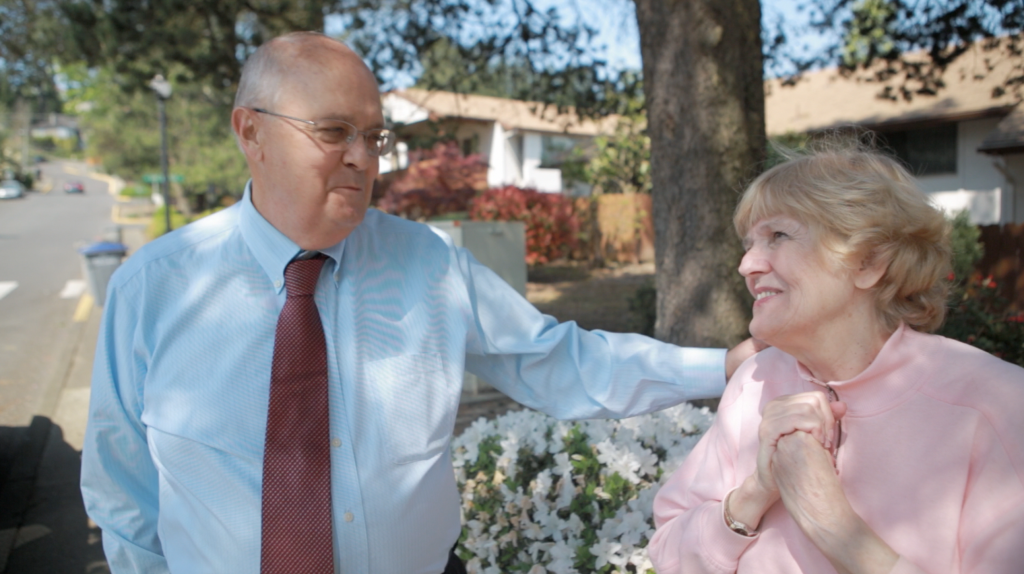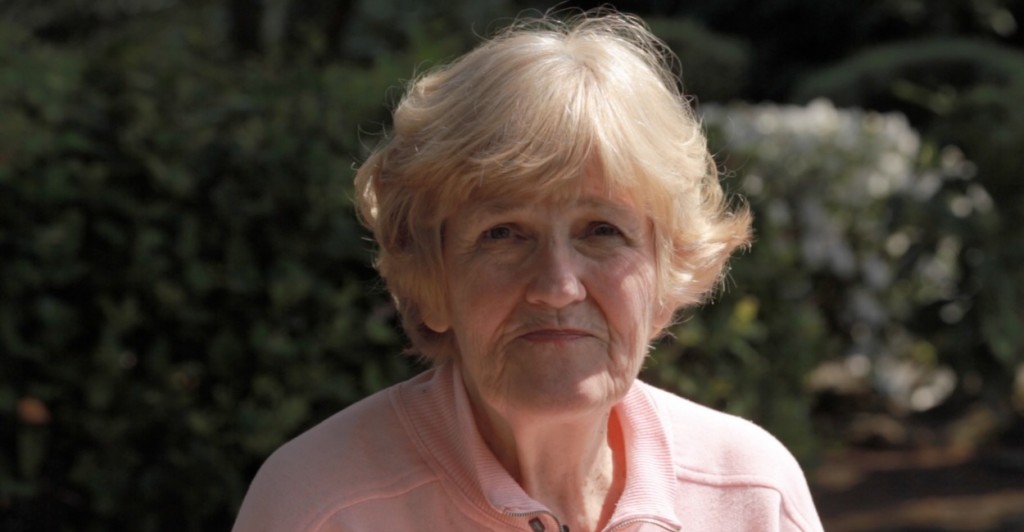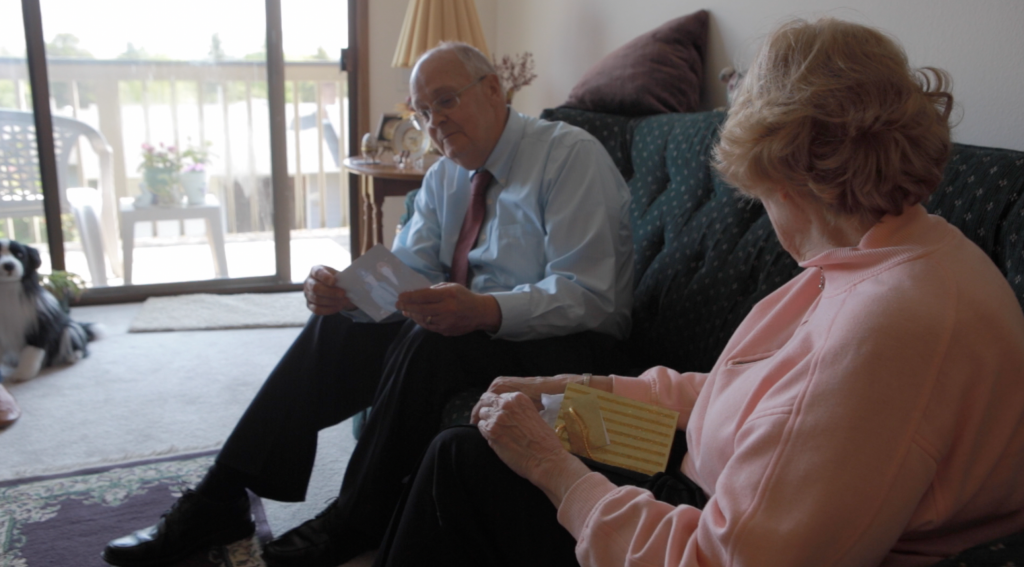In 1994, Jeannette Hall, a resident of King City, Ore., voted in favor of Ballot Measure 16, which for the first time in the United States, would allow terminally ill patients to end their own lives through physician-assisted suicide.
“I thought, hey, I wouldn’t want anyone to suffer,” Hall told The Daily Signal. “So I checked it. Then it became legal.”
That day at the ballot box, Hall never could have predicted that six years later, she would be diagnosed with inoperable colon cancer.
The Daily Signal depends on the support of readers like you. Donate now
Doctors gave Hall, who was 55 at the time, two options: She could get radiation and chemotherapy and attempt to fight the cancer, or she could take a lethal dose of barbiturates to end her life.
“I was calling it over,” she said. “I wasn’t going to do chemo. When I heard what might take place in radiation … I wasn’t going to do it. I looked for the easy way out.”
Without treatment, Hall was given six months to a year to live, and therefore qualified for physician-assisted suicide through Oregon’s Death With Dignity law.
“She was terminal because she was refusing treatment,” Dr. Kenneth Stevens, one of Hall’s two cancer doctors, told The Daily Signal. “It’s like a person could be considered terminal if they’re not taking [their] insulin or [other] medications.”
Stevens works at the Oregon Health and Sciences University specializing in radiation medicine. He has long opposed physician-assisted suicide, which is now legal in three states (Oregon, Washington and Vermont) and being considered in at least 18 others.
Physician-assisted suicide laws permit mentally competent, terminally-ill adults to obtain a prescription for life-ending medication from their physician.
Advocates commonly refer to aid in dying as “compassionate care for terminally ill adults,” and argue the policy is a safe medical option for states to adopt.
But opponents, like Stevens, argue that assisted suicide corrupts the practice of medicine and the doctor-patient relationship.
“I didn’t go into medicine to kill people,” he said. “When a doctor writes a prescription, a prescription is a written order. If he’s writing a prescription for lethal drugs, he’s writing a prescription to kill the person.”
Hall, who was divorced, and had lost her mother to dementia and her brother to suicide, wouldn’t listen to Stevens’ concerns.
“I didn’t want to live,” Hall said. “I was just going to say, ‘Give me the barbiturates and call it good.’”
For weeks, Stevens resisted giving Hall the lethal dose of drugs, hoping he could convince her to change her mind.
“I said, ‘He’s trying to we wear me down. I’ll be more firm next time I see him,’” Hall said with a laugh.
After multiple phone calls and doctors appointments, Stevens said something that changed her mind.
Stevens learned that Hall had a son, Scott Walden, who was living in Astoria, Ore., training to be a state trooper. At the time, Walden didn’t even know his mom had cancer—let alone that she was asking her doctor to prescribe her a lethal dose of life-ending drugs.
“I didn’t even know about it,” Walden told The Daily Signal. “That would have been heartbreaking for me and would add sorrow upon sorrow that I wasn’t there at the end.”
Stevens, in a last ditch effort to convince Hall against death, asked her: “Wouldn’t you like to see him graduate? Wouldn’t you like to see him get married?”
“That’s what kept me back. That one sentence,” Hall said. “If you hadn’t said that, I wouldn’t be here.”
Fifteen years later, Hall is now cured of cancer and celebrating her 70th birthday with her son—who has since graduated from the police academy but has yet to get married.
“I’m still working on [it],” said Walden, with a chuckle. “I haven’t given up.”
As for the debate over whether more states should adopt physician-assisted laws, Hall says she doesn’t have the answers.
“[I] just [have] a story,” she said. “My story.”
She enjoys telling that story in hopes that it will stop others from ending their lives too soon.
“It’s great to be alive,” she said walking through her neighborhood, stopping to talk to anyone who would talk back. “I don’t want to go back then because I wouldn’t be here if Dr. Stevens was a different type of doctor that just kept listening to [me].”
Stevens checks up on Hall from time to time, and uses her story to advocate against physician-assisted suicide.
“Doctors make misdiagnosis,” he said. “Jeanette Hall had a correct diagnosis—her cancer was inoperable meaning it [could not be] treated with surgery, but it is a cancer that’s treated with chemotherapy and radiation.”
Now, he and Hall share a different relationship—filled with more lighthearted conversations.
“Jeanette is such a chatterbox that sometimes I’ve told her, ‘Be quiet and make me appreciate that I cured you,’” he said.































